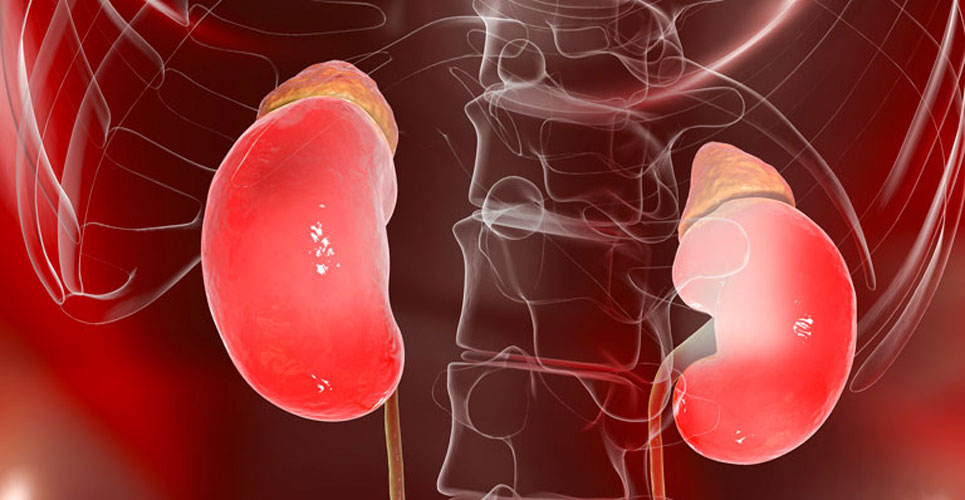AstraZeneca’s roxadustat significantly increases haemoglobin levels in non-dialysis-dependent and dialysis-dependent patients with anaemia from chronic kidney disease, respectively.
This is according to Phase III trial data presented at the American Society of Nephrology Kidney Week 2019 in Washington, DC, US.
The OLYMPUS trial compared roxadustat to placebo while the ROCKIES trial compared roxadustat to epoetin alfa.
Steven Fishbane, MD, Zucker School of Medicine at Hofstra/Northwell, Great Neck, New York, US and primary investigator on the OLYMPUS and ROCKIES trials, said: “These data demonstrated that roxadustat effectively increased haemoglobin levels for patients with anaemia from chronic kidney disease, including those who show signs of inflammation. Patients who experience chronic inflammation are often more difficult to treat than the overall chronic kidney disease patient population, emphasising the need for new treatment options.”
In the OLYMPUS trial, roxadustat demonstrated a statistically significant improvement in haemoglobin (Hb) levels from baseline, with a mean increase of 1.75g/dl averaged over weeks 28 to 52, compared to 0.40g/dl with placebo, the primary efficacy endpoint.
Roxadustat also improved Hb levels from baseline in a subgroup of patients with elevated high-sensitivity C-reactive protein (hsCRP) levels of greater than 5mg/l, with a statistically significant mean increase of 1.73g/dl, compared to 0.62g/dl with placebo, a secondary endpoint. hsCRP is a protein in the blood that increases when inflammation is present.
Overall safety findings are generally consistent with the non-dialysis-dependent chronic kidney disease patient population. For all patients, the most frequently reported adverse events in the intent to treat analysis set were end-stage renal disease, pneumonia, urinary tract infection and hypertension. Additional serious adverse events reported were azotaemia, sepsis, acute kidney injury and hyperkalaemia.
In the ROCKIES trial, roxadustat demonstrated a statistically significant improvement in Hb levels from baseline with a mean increase of 0.77g/dl averaged over weeks 28 to 52, compared to 0.68g/dl with epoetin alfa, the primary efficacy endpoint.
Roxadustat also improved Hb levels from baseline in a subgroup of patients with elevated hsCRP levels of greater than 5mg/l, demonstrating a statistically significant improvement with a mean increase of 0.80g/dl compared to 0.59g/dl with epoetin alfa, a secondary endpoint. Patients treated with roxadustat used less monthly intravenous (IV) iron (mean = 59mg) compared to those treated with epoetin alfa (mean = 91mg) from week 36 to the end of the study.

